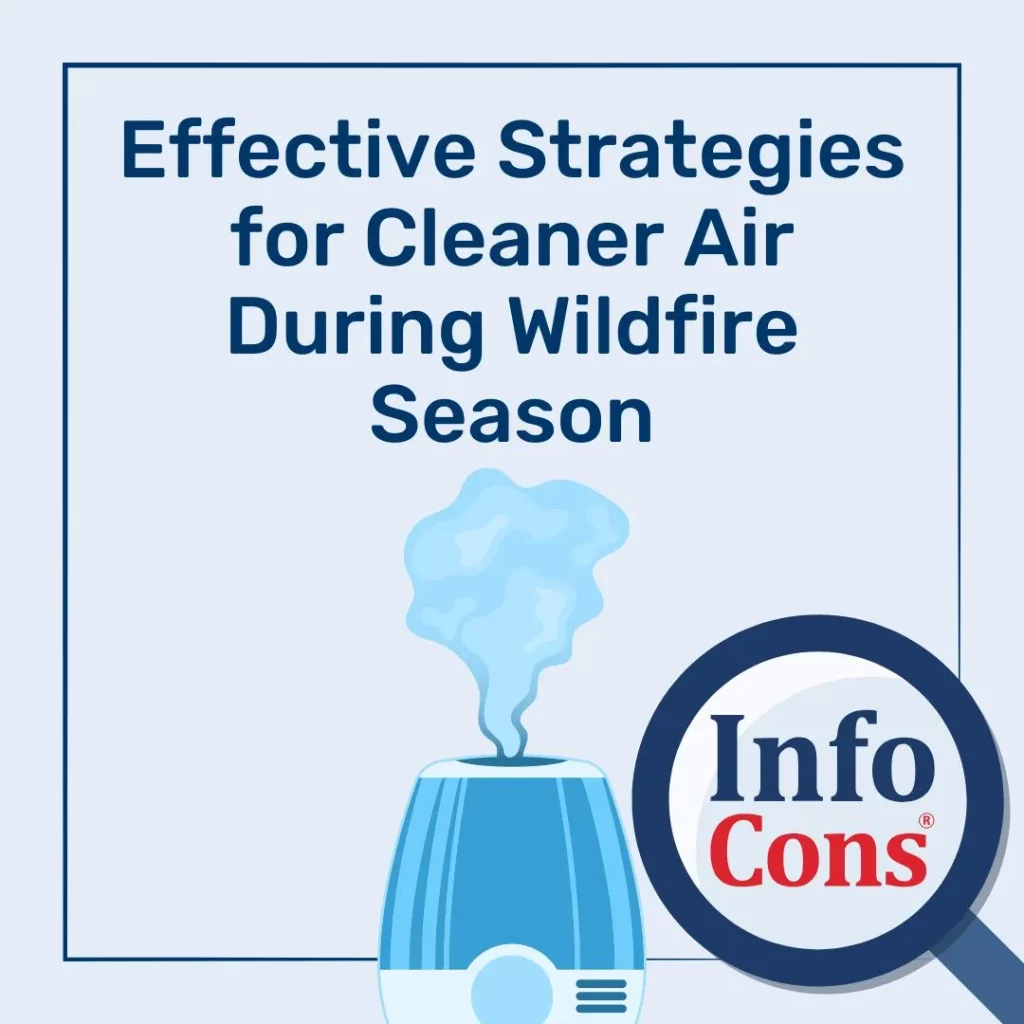
Southern California is currently enduring some of the most devastating wildfires in recent history. Tens of thousands of residents are under evacuation orders, with countless properties destroyed as fires continue to rage uncontrollably. This isn’t an isolated issue; as of January 9, 2025, the National Interagency Fire Center has documented 387 distinct wildfires across the country. These widespread events are significantly affecting air quality, stretching from coast to coast.
Health Risks Associated with Wildfire Smoke
Wildfire smoke poses severe health hazards. The Centers for Disease Control and Prevention (CDC) and the Environmental Protection Agency (EPA) warn that microscopic particles in smoke can deeply infiltrate the lungs, potentially causing bronchitis, asthma attacks, heart attacks, strokes, and even premature death in individuals with pre-existing heart and lung conditions. Children are particularly vulnerable, often experiencing symptoms like chest pain, wheezing, coughing, dizziness, and difficulty breathing. Even short-term exposure can lead to significant discomfort, such as burning eyes and runny noses.
Read also : The World IP Day 2025 Youth Video Competition is now open – InfoCons informs you !
Indoor Air Quality Concerns
While it’s advised to minimize outdoor activities and keep windows closed during wildfires, research from the University of California, Berkeley, indicates that harmful particles from wildfire smoke can still penetrate closed doors and windows, compromising indoor air quality. Ensuring clean indoor air is critical, and certain devices, like air purifiers, can help mitigate this problem.
Can Air Purifiers Combat Smoke?
The Role of HEPA Filters
Air purifiers equipped with HEPA filters have proven effective in removing harmful particulates from the air. According to studies, these devices can reduce particle concentrations by up to 85%, significantly improving air quality. Additionally, models with large carbon filters can eliminate odors associated with smoke, offering comprehensive air purification.
Choosing the Right Air Purifier
Selecting the right air purifier is crucial for effective smoke removal. Experts recommend models designed for larger spaces, as these tend to perform better. Avoid purifiers marketed for rooms smaller than 150 square feet, as they are less effective. Devices suited for spaces over 350 square feet generally deliver superior results. While prices range from $50 to over $1,000, investing in a high-quality unit with a HEPA filter ensures better performance.
Read also : Dangerous chemicals discovered in mineral water in Europe – InfoCons informs you !
Additional Strategies to Protect Against Smoke
Sealing Your Home
- Close all windows and doors and seal any gaps, such as mail slots, using weather stripping or masking tape.
- If using a window air conditioner, close the outdoor air damper and seal any gaps around the unit.
Personal Protective Measures
- When outdoors, wear goggles and a National Institute for Occupational Safety and Health (NIOSH)-approved mask designed to filter smoke particles. If indoor air quality is poor and you lack an air purifier, consider wearing this gear indoors as well.
Creating a Safe Indoor Space
- Spend time in a room with minimal windows and no external ventilation ducts or fireplaces. If your home has a fireplace, ensure the chimney flue is closed.
- Use an air purifier in this room and run it continuously. Change the purifier’s filter promptly when the indicator light activates or as specified in the manual.
Read also : Intellectual Property Challenges in the Digital Age : Online Copyright Infringement in the EU
HVAC Systems and Cleaning Practices
- If your home has central heating or air conditioning, install a high-efficiency MERV 13 filter and run the fan frequently. Disable any fresh air intake options.
- Keep doors to laundry rooms and bathrooms shut, as these often have outdoor ventilation ducts.
- Use vacuum cleaners with HEPA filters to remove smoke particles from carpets and furniture. Avoid vacuums without HEPA filters, as they can release particles back into the air. For hard surfaces, clean with a damp cloth or mop.
Source : Consumer Reports
InfoCons – European Organization for Consumer Protection and Promotion of Programs and Strategies , a full member of the World Organization Consumers International, founding member of the Federation of Consumer Associations, and member of ANEC .